Eco-Art Resides in Wetland
2024 Haizhu Wetland Ecological Art Residency Program is now recruiting. We are sending a sincere invitation to ecological artists from home and abroad in the wetland of Guangzhou city center.
INTRODUCTION
INTRODUCTION TO HAIZHU WETLAND
Guangzhou Haizhu National Wetland Park (hereinafter referred to as 'Haizhu Wetland') is located in the southeastern part of Haizhu District, which is situated in the new urban axis of Guangzhou, and in the main section of the Pearl River Delta waterbird ecological corridor. Haizhu Wetland covers an area of 16,500 acres, which mainly includes Haizhu Lake and the wetland areas of Phase I, Phase II, and Phase III. It is a typical Delta urban lake and river wetland type composite wetland system. It was also the birthplace of Lingnan fruits and the convergence area of Lingnan folk culture. With crisscrossing river network and rich wetland resources in the area, Haizhu Wetland plays an extremely important role in improving the urban ecological environment. Since its completion in 2012, it has adhered to the concept of “water as soul, fruits as foundation, flowers as beauty, birds as spirit” and the principle of learning from nature to promote the win-win situation of protecting and utilizing the wetland in the center of the city, and to achieve the return of the channel to the fishes, the return of the habitat to the birds, and the return of the home to the city. Haizhu Wetland, the Important Wetland Worldwide, Best Natural Reserve, The Largest Urban Wetland, has been awarded with the honors of the national level and the international level for 32 times. It is also the “Guangdong Sample” of Chinese modernization construction with harmonious coexistence.
INTRODUCTION TO RESIDENT PROJECT
With the increasing awareness of global ecological environmental protection, the eco-art, as an emerging form of art, is gradually receiving widespread attention. As an ecological oasis in the heart of Guangzhou city, Haizhu Wetland is not only a treasure trove of the city's biodiversity, but also an important part of Guangzhou's urban culture, which is compatible with the concept of eco-art. Based on this, the Forestry and Wetland Management Bureau of Haizhu District, Guangzhou, together with the Guangdong Landscape Architecture Society, launched the Haizhu Wetland Eco-Art Residency Programme, organising and planning the Guangzhou Haizhu Wetland Eco-Art International Biennale and the Haizhu Wetland Eco-Art International Semiar, and soliciting young eco-artists from all over the world to reside in the Haizhu Wetland, to explore the unique eco-environment in-depth, and to interact and create works with the local botany, as well as with public spaces. It is expected that through the residency, the artists will experience the ecological charm of the Haizhu Wetland in depth, leaving a number of art works with local characteristics for the Haizhu Wetland, and together to promote the inheritance of wetland culture and the construction of Green Beauty of Guangdong.
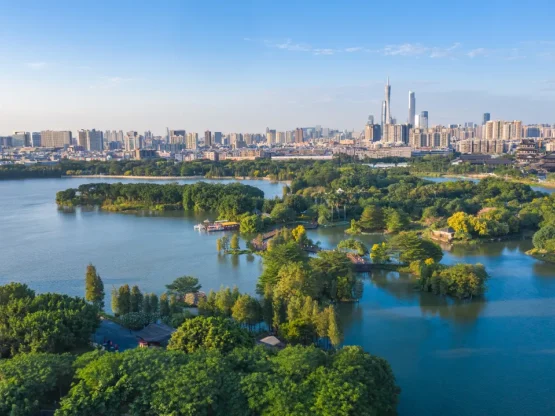
Haizhu Wetland
It is expected that through the residency, the artists will experience the ecological charm of the Haizhu Wetland in depth, leaving a number of art works with local characteristics for the Haizhu Wetland, and together to promote the inheritance of wetland culture and the construction of Green Beauty of Guangdong.
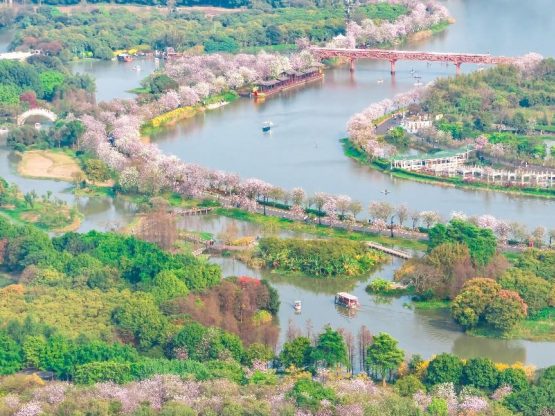
Bauhinia variegata beetle in Haizhu Wetland
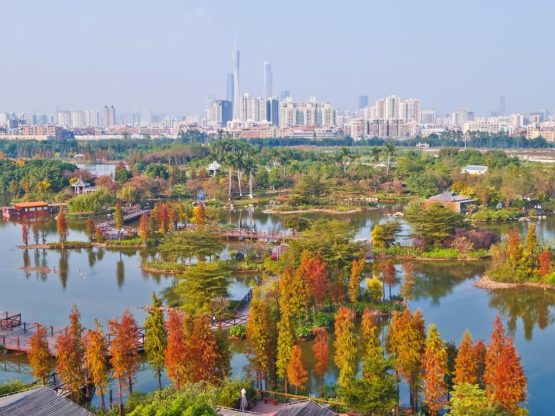
Taxodium distichum beetle in Haizhu Wetland
CURATORS
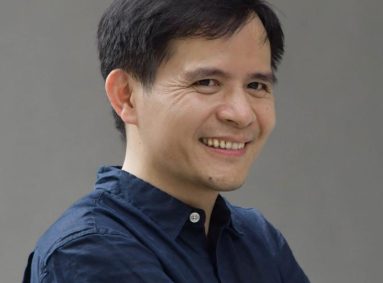
Lin Guangsi
Professor, Deputy Dean of the School of Architecture and Head of the Department of Landscape Architecture of South China University of Technology, Head of the Guangzhou Research Center for Ecological Resource Conservation and Urban and Rural Development of South China University of Technology, Vice President of the Guangdong Society of Landscape Architecture, and Editor-in-Chief of the journal “Guangdong Landscape Architecture”.

Gao Wei
Professor, Vice Dean of the College of Forestry and Landscape Architecture, South China Agricultural University, Doctoral Supervisor, Vice President of Guangdong Society of Landscape Architecture, Secretary General of Education and Information Professional Committee of Guangdong Society of Landscape Architecture.
EXPERTS
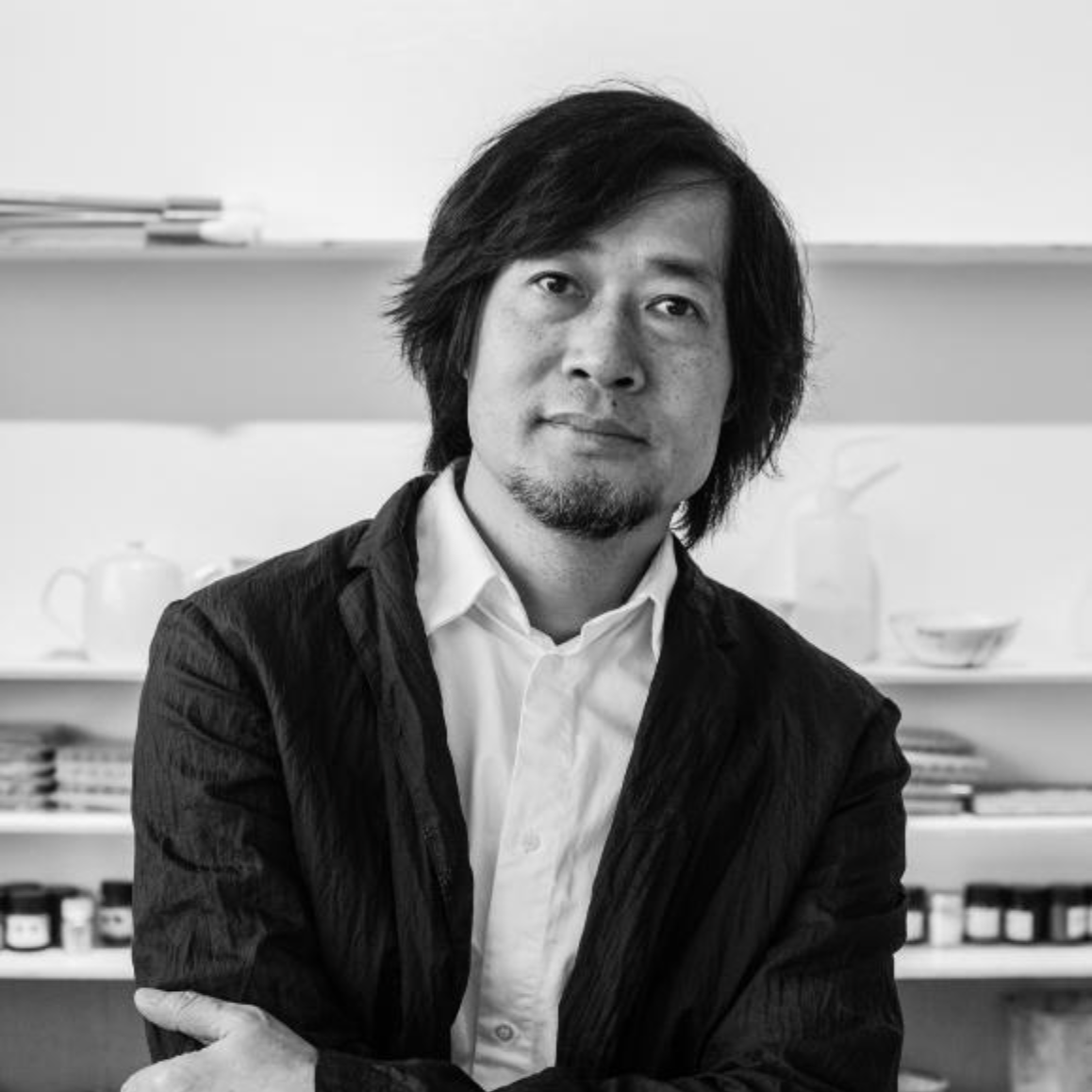
Wang Shaoqiang
Director of the Guangdong Museum of Art, professor, cultural industry researcher level II, doctoral supervisor, an expert enjoying the State Council special subsidies, also serves as a professor and doctoral supervisor of the Chinese National Acadecy of Art, director of the China Artists Association, president of the Guangdong Art Museums Association, vice-chairman of the Guangdong Artists Association.
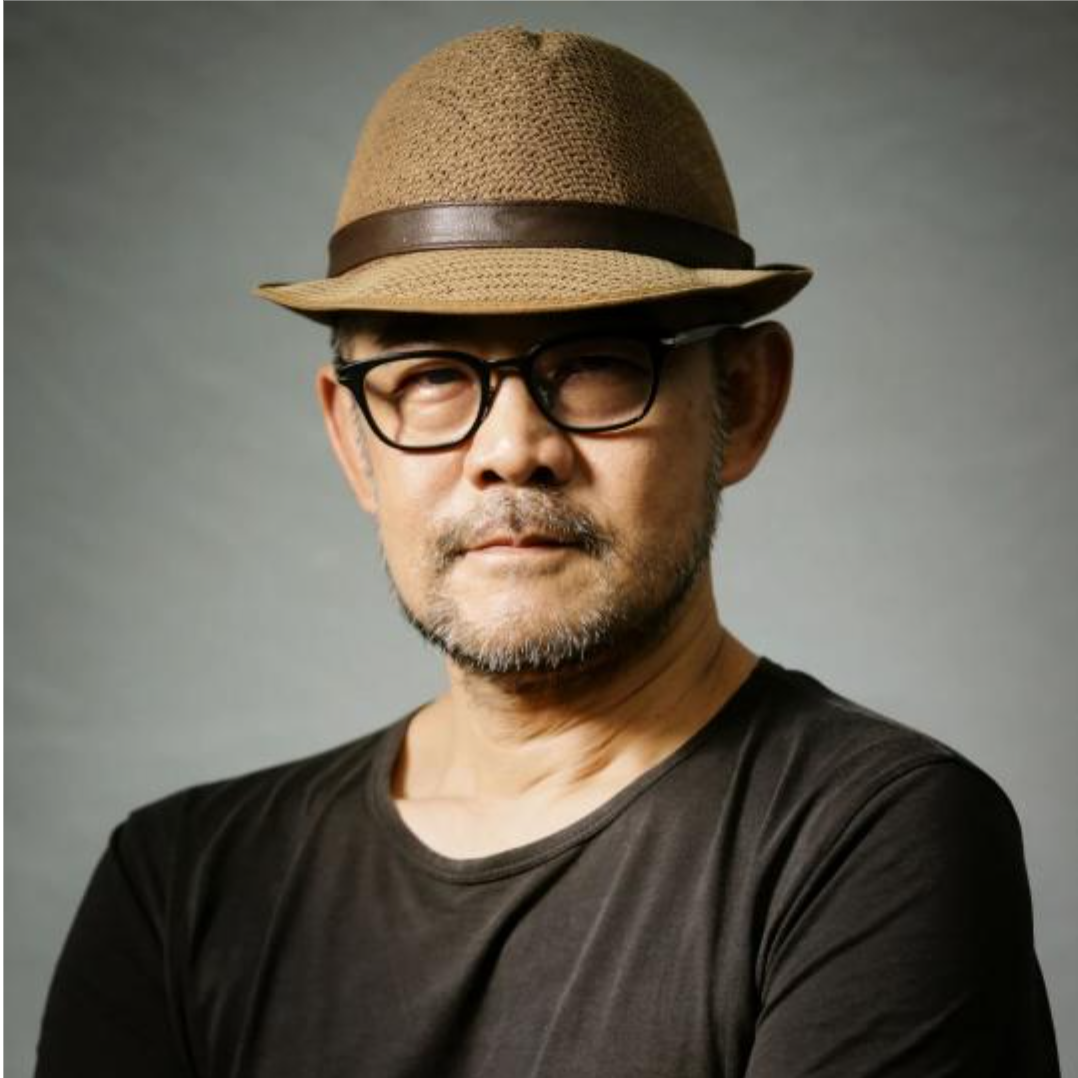
Feng yuan
Professor of the School of Arts of Sun Yat-sen University, Director of the Visual Communication Research Center of Sun Yat-sen University, and Dean of the Art Design and creative industry of Guangzhou Nanfang College.
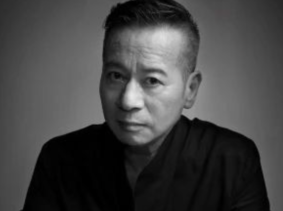
Mi Qiu
Architect and artist, member of the Institute of Philosophy, Chinese Academy of Social Sciences, chief environmental planner of the Mogao Caves in Dunhuang, master designer of the Shanghai Construction Design&Research Institute, general consultant for design and art of the Shanghai Municipal Engineering Design Institute, artistic director of the Shanghai Tower, director of the Happy Countryside Research Institute, and chief architect and chief planner of the Studio Miqiu.
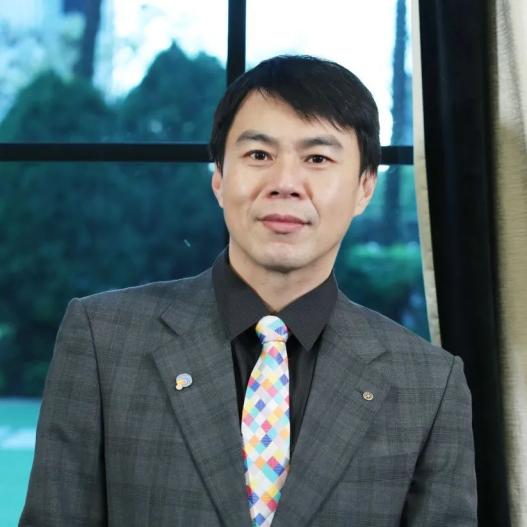
Chen Shihong
Director General of Wild Bird Society of Taipei city, Former Director of Guandu Nature Park Administration, Member of Ecological Specialized Committee of Chinese Science Writers Association, and invited expert for the Ramsar Convention of the United Nations.
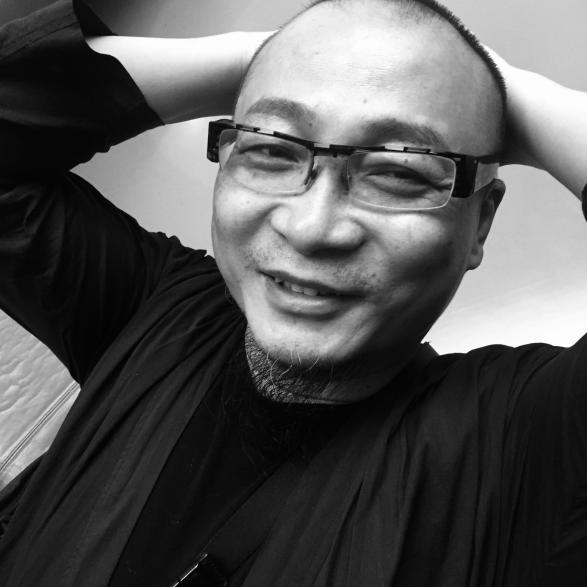
Pang Wei
General Manager and Chief Designer of Guangzhou Turen Landscape Planning CO.,LTD, Visiting Researcher of Peking University Landscape Design Research Institute, Part-time Professor of Huazhong University of Science and Technology, Visiting Professor of Design School of Guangzhou Academy of Fine Arts, Curator of Space Group of the First ‘China Design Exhibition’ of the Ministry of Culture,and Member of the Academic Committee of the Bi-city Biennale of Urbanism\Architecture.

Yuan Xingzhong
Professor of the School of Architecture and Urban Planning Chongqing University, doctoral supervisor, academic leader of the direction of geodetic landscape and ecological restoration in the School of Architecture and Urban Planning, member of the National Wetland Science and Technology Committee, executive director of China Wetlands Association, member of the Wetland Conservation, and vice-president of Chongqing Ecological Society.
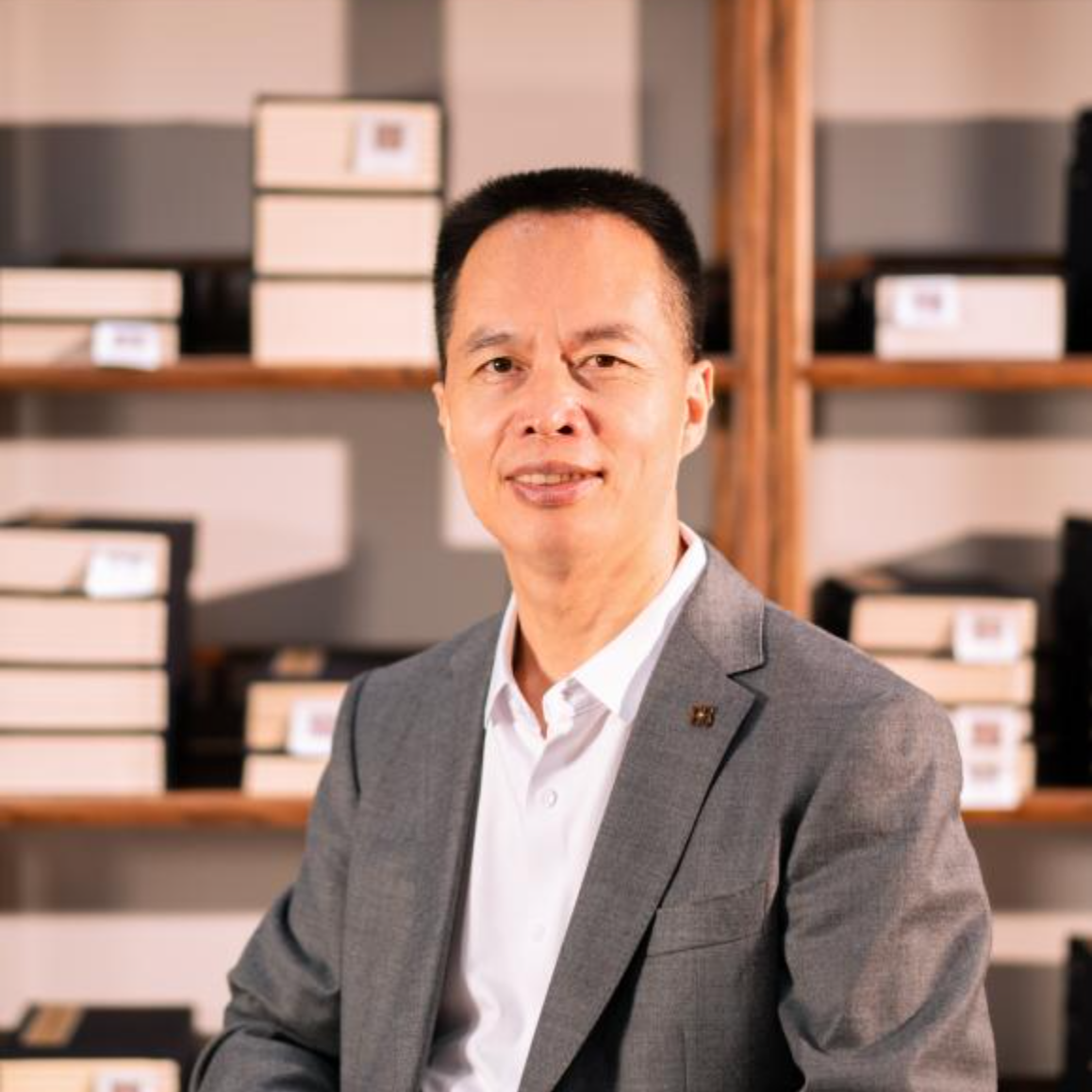
Cheng Xiangzhan
Distinguished Professor of Chang Jiang Scholars of the Ministry of Education, and an expert enjoying the special allowance of the State Council. He is currently a professor at the Department of Chinese Language and Literature of Sun Yat-sen University, a part-time professor and doctoral supervisor at the School of Arts of Sun Yat-sen University, and also an executive director of the Chinese Society for Aesthetics, director of the Professional Committee of Ecological Aesthetics, and an executive director of the Chinese Association for Theory for Literary and Art.
RESIDENT REQUIREMENTS
- Based on the natural ecology of the Haizhu Wetland, using local materials for residency creations. (all the materials that for creation use must be collected within 5 kilometres away from the Haizhu Wetland.);
- The artwork can beapplied in the Haizhu Wetland Park;
- The artwork must be related to the ecology of the Haizhu Wetland;
- The artworks will exist for more than 1 year in the Haizhu Wetland;
- The works should also be accompanied by at least one other artistic presentation, such as painting, photography, video, animation, music, sound art, etc;
- The output of the creation and research during the residency will be summarised before the end of the residency and presented in the form of an exhibition.
APPLICATION
APPLICATION REQUIREMENTS
- Young ecological artists around the world;
- Interested in ecological art, wetland culture, etc., with relevant creative experience and works;
- A full two-week residency in the Haizhu Wetland Park is required from the end of December 2024 to gain an in-depth understanding of the local environment and create a work of art.
APPLICATION MATERIALS
- An introduction with contact information (the contact information should be shown in the text of email);
- Personnal or team resume and portfolio;
- Initial ideas for a creative work in the Haizhu Wetland which briefly describing the orientation of creation during the residency.
METHODS OF APPLICATION
- Send the above to: hzwetland_ecoart@outlook.com
- Format: 2024 Haizhu Wetland+Art field+team/personal name
- Enquiry Email (for enquiry about the residency programme and wetland space related information):haizhuwetland01@outlook.com
- After the closing date of the application, the organization committee will perform the evaluation and announce the final selection list in 20 December 2024, and the final interpretation of this project belongs to the ‘Forestry and Wetland Management Bureau of Haizhu District, Guangzhou’.

Follow Haizhu Wetland WeChat Official Account to see the list of selected resident applications
PROCESSES
- Recruitment time: From now until 19 December 2024
- Resident date:From 30 December 2024 to 12 January 2025 (at least complete one full week of residency in the Haizhu Wetland is required)
- Project Process
- a. Applications will be open from now until December 19.
- b. In 20 December, a jury of experts will be held to select young artists for the residency on the basis of the portfolios of past works and creative proposals submitted by the young artists. Six young artists will be selected as the invited artists for the residency.
- c. Starting from December 30, the artists will carry out the resident creation.
- d. In 13 January 2025, the Guangzhou Haizhu Wetland International Eco-Art Biennale will be held to show the achievements of the residency creations. On the same day, Haizhu Wetland Eco-Art International Symposium will be held to exchange and share the ideas to the residency artworks from the invited critics and artists.
SUPPORT
ORGANISER SUPPORT
There is no fee for participating. The Haizhu Wetland Eco-Art Residency Programme will provide the selected artists with accommodation during the residency period, financial support for the artists' creative materials, online promotion of their creations and exhibitions, as well as a space to display the results of the residency.
PLACE OF CREATION
Woods around Heliu river, Haizhu National Wetland Park, Guangzhou, China
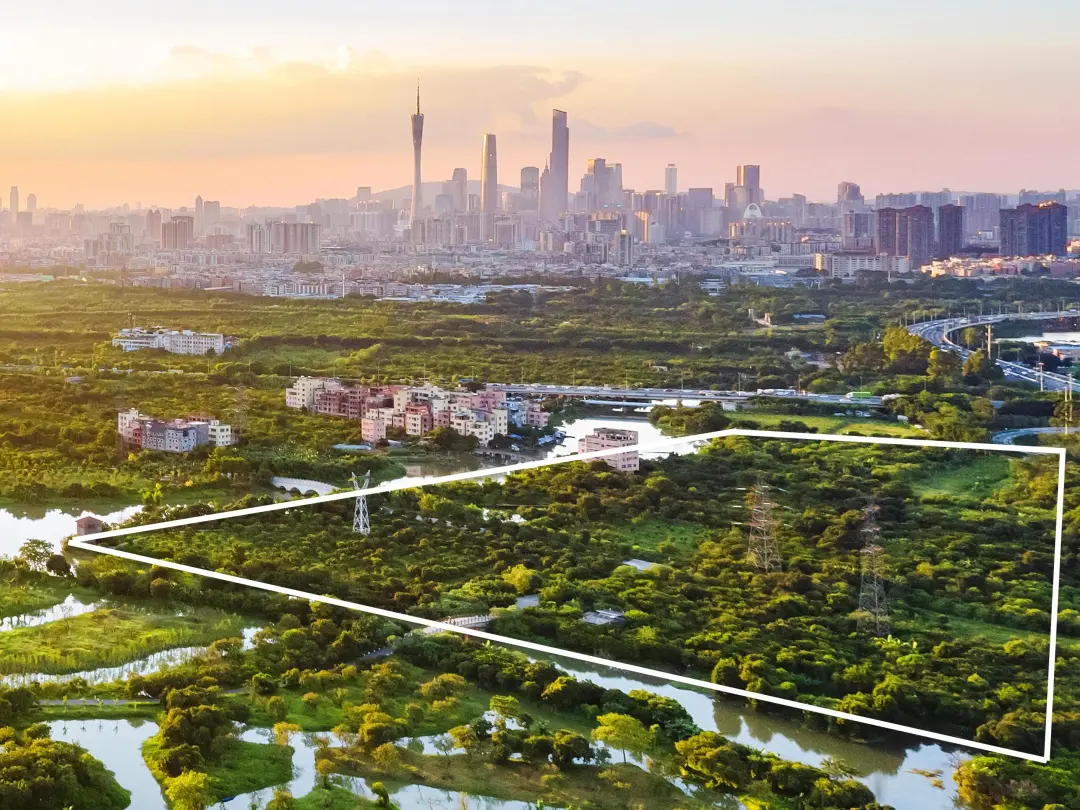
Woods around Heliu river, Haizhu National Wetland Park
ACCOMMODATION
Guangzhou Haizhu National Wetland Park Yuedu Space Private Guesthouse
(Canton Tower and Pazhou International Convention and Exhibition Center Guesthouse)
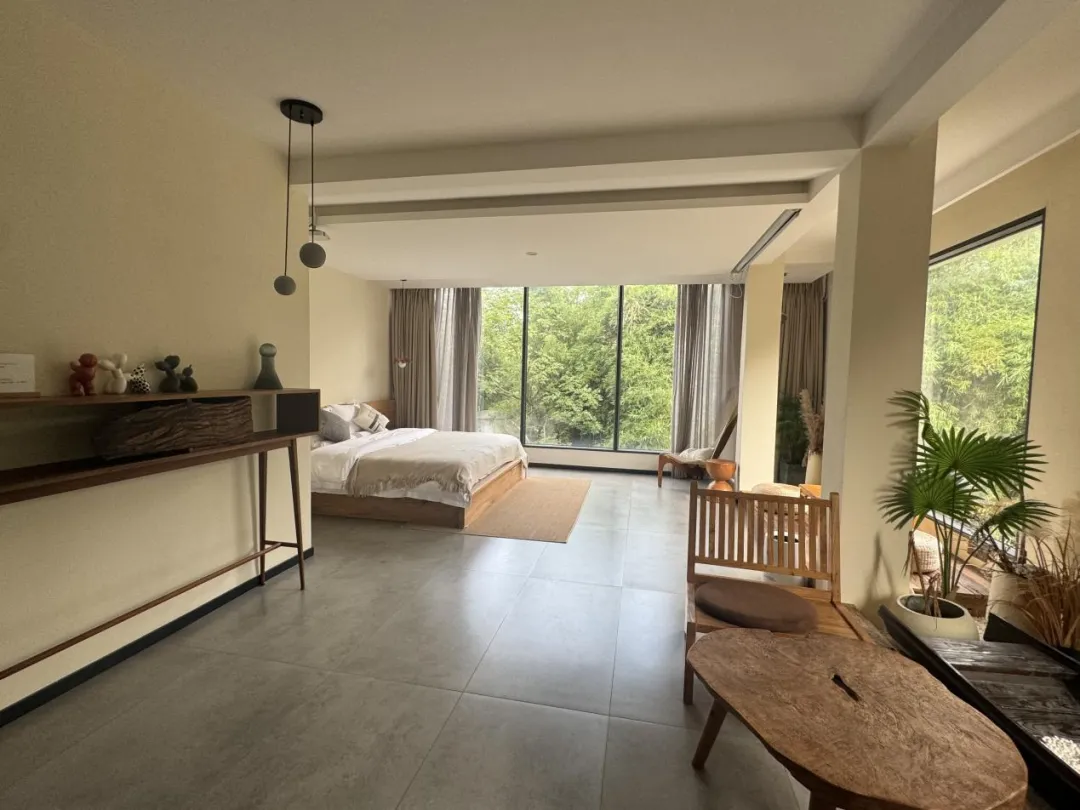
Guangzhou Haizhu National Wetland Park Yuedu Space Private Guesthouse
(Canton Tower and Pazhou International Convention and Exhibition Center Guesthouse)
ACTIVITY-RELATED UNITS
Organizers:
- Forestry and Wetland Management Bureau of Haizhu District, Guangzhou
- Guangdong Landscape Architecture Society
Executants:
- Specialised Committee on Landscape Education and Information of Guangdong Landscape Architecture Society
- College of Forestry and Landscape Architecture, South China Agricultural University
- Department of Landscape Architecture, School of Architecture, South China University of Technology
Academic Media:
- Journal of Guangdong Landscape Architecture
(Wetland Photograph:Xie Huiqiang form Haizhu Wetland)
